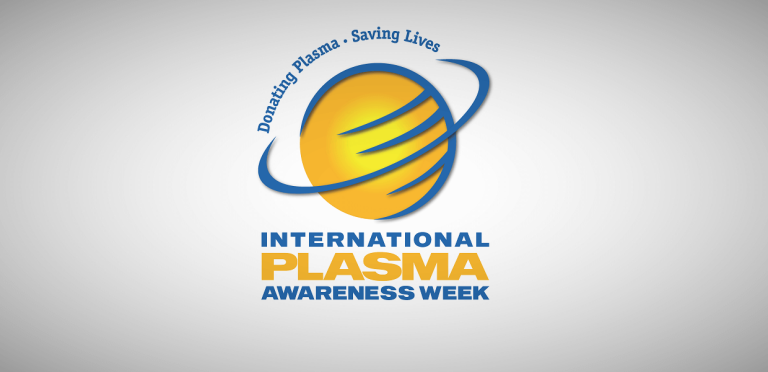Inborn Errors of Metabolism (IEM) are rare genetic disorders in which the body cannot properly convert food into energy. The disorders are usually caused by defects in certain enzymes that help break down food parts. Nutrients that are not broken down can accumulate in the body, leading to a variety of symptoms. Some IEM can cause developmental delays if left unchecked. Cases of IEM are typically categorized into three main types, depending on the nutrient that is affected. These are: disorders of amino acid (protein) metabolism, disorders of carbohydrate metabolism, and disorders of fat metabolism These are primarily treated with either lifelong dietary intervention alone or a combination of diet and drug therapy. Newborn screening programs help identify infants with IEM shortly after birth. Many newborns, but not all, are tested for IEM; however, this varies from country to country. An example of an amino acid (protein) metabolism disorder is phenylketonuria (PKU). Although PKU is relatively rare; it still affects 1 in 12,000 newborns worldwide. The “building blocks” of protein are called amino acids. In PKU, the body cannot properly process one of the amino acids, phenylalanine (Phe), due to the lack of an enzyme called phenylalanine hydroxylase. This means that people with PKU must severely limit the amount of protein they eat. A key element in the dietary management of PKU is the use of a phenylalanine-free protein substitute. These provide all the amino acids found in protein, but no Phe. In combination with small and measured amounts of dietary protein, protein substitutes ensure that a person with PKU has adequate protein intake for normal growth and development. The primary role of a protein substitute is to provide the protein (minus Phe) that cannot be obtained by eating protein-rich foods. Modern protein substitutes may contain vitamins, minerals, and omega fats that are limited in the restricted low-protein diet. Protein substitutes developed for PKU have improved greatly over the years. Adhering to a strict diet can be difficult; therefore, protein replacement products are specifically designed to complement our modern life. This is achieved through a combination of easy-to-carry, disposable formats that come in a range of flavors and require no mixing, weighing, or measuring. In combination, all of the above features help to make the protein replacement easier to take and therefore promote good compliance. Anyone affected by IEM who would like more information about the condition, its management, and treatment should contact their doctor or dietitian.


















